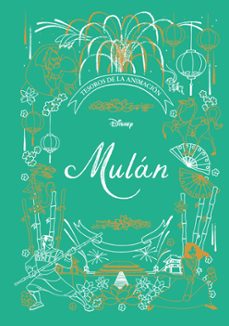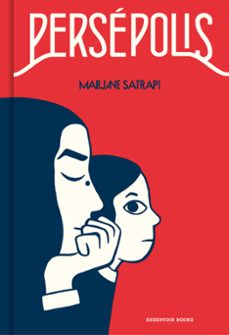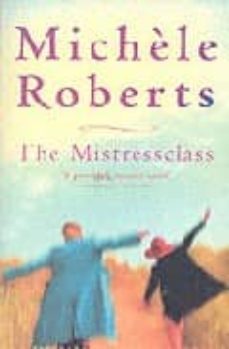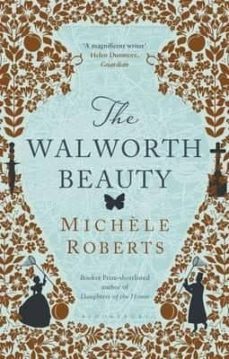Imprescindibles
Ficción
No Ficción
Ciencias y tecnología Biología Ciencias Ciencias naturales Divulgación científica Informática Ingeniería Matemáticas Medicina Salud y dietas Filología Biblioteconomía Estudios filológicos Estudios lingüísticos Estudios literarios Historia y crítica de la Literatura
Humanidades Autoayuda y espiritualidad Ciencias humanas Derecho Economía y Empresa Psicología y Pedagogía Filosofía Sociología Historia Arqueología Biografías Historia de España Historia Universal Historia por países
Infantil
Juvenil
#Jóvenes lectores Narrativa juvenil Clásicos adaptados Libros Wattpad Libros Booktok Libros de influencers Libros de Youtubers Libros Spicy Juveniles Libros LGTBIQ+ Temas sociales Libros ciencia ficción Libros de acción y aventura Cómic y manga juvenil Cómic juvenil Manga Shonen Manga Shojo Autores destacados Jennifer L. Armentrout Eloy Moreno Nerea Llanes Hannah Nicole Maehrer
Libros de fantasía Cozy Fantasy Dark academia Hadas y Fae Romantasy Royal Fantasy Urban Fantasy Vampiros y hombres lobo Otros Misterio y terror Cozy mistery Policiaca Spooky Terror Thriller y suspense Otros
Libros románticos y de amor Dark Romance Clean Romance Cowboy Romance Mafia y amor Romance dramatico Romcom libros Sport Romance Otros Clichés Enemies to Lovers Friends to Lovers Hermanastros Slow Burn Fake Dating Triángulo amoroso
Cómic y manga
Novela gráfica Novela gráfica americana Novela gráfica europea Novela gráfica de otros países Personajes, series y sagas Series y sagas Star Wars Superhéroes Cómics DC Cómics Marvel Cómics otros superhéroes Cómics Valiant
eBooks
Literatura Contemporánea Narrativa fantástica Novela de ciencia ficción Novela de terror Novela histórica Novela negra Novela romántica y erótica Juvenil Más de 13 años Más de 15 años Infantil eBooks infantiles
Humanidades Autoayuda y espiritualidad Ciencias humanas Economía y Empresa Psicología y Pedagogía Filosofía Historia Historia de España Historia Universal Arte Cine Música Historia del arte
Ciencia y tecnología Ciencias naturales Divulgación científica Medicina Salud y dietas Filología Estudios lingüísticos Estudios literarios Historia y crítica de la Literatura Estilo de vida Cocina Guías de viaje Ocio y deportes
MICHELE ROBERTS
Recibe novedades de MICHELE ROBERTS directamente en tu email
Filtros
Del 1 al 8 de 8
VIRAGO BOOKS (RANDOM) 9781860499821
Adam is a writer, struggling to come to terms with the death of his painter father, Robert, and his difficult marriage to Catherine. Before he married Catherine, he had been the lover of her sister, Vinny. The classic menage a trois seems about to repeat itself, when Adam discovers his wife's father was less innocent than he had thought. Set mainly in contemporary London, partly in France, the action also harks back to the 1970's. The narrative evokes the style of the nineteenth century novelists and their themes: desire, guilt, pleasure. Pastoral landscapes alternate with those of the inner city and the past's interaction with the present is acted out by ghosts. The dead father haunts his son; in real life Vinny haunts her sister; and the whole novel is haunted by one of its great earliest exponents, Charlotte Bronte, and her passionate search for creative fulfilment.
Ver más
Tapa blanda
BLOOMSBURY PUBLISHING LTD. 9781408883402
From the Booker-shortlisted author comes a sensuous, evocative novel exploring the lives of women in Victorian London, for fans of Sarah Waters, Emma Donoghue and Kate Atkinson 2011: When Madeleine loses her job as a lecturer, she decides to leave her riverside flat in cobbled Stew Lane, where history never feels far away, and move to Apricot Place. Yet here too, in this quiet Walworth cul-de-sac, she senses the past encroaching: a shifting in the atmosphere, a current of unseen life. 1851: and Joseph Benson has been employed by Henry Mayhew to help research his articles on the working classes. A family man with mouths to feed, Joseph is tasked with coaxing testimony from prostitutes. Roaming the Southwark streets, he is tempted by brothels' promises of pleasure - and as he struggles with his assignment, he seeks answers in Apricot Place, where the enigmatic Mrs Dulcimer runs a boarding house. As these entwined stories unfold, alive with the sensations of London past and present, the two eras brush against each other - a breath at Madeleine's neck, a voice in her head - the murmurs of ghosts echoing through time. Rendered in immediate, intoxicating prose, The Walworth Beauty is a haunting tale of desire and exploitation, isolation and loss, and the faltering search for human connection; this is Michele Roberts at her masterful best.
Ver más
Tapa blanda
BLOOMSBURY PUBLISHING LTD. 9781408883426
From the Booker-shortlisted author comes a sensuous, evocative novel exploring the lives of women in Victorian London, for fans of Sarah Waters, Emma Donoghue and Kate Atkinson 2011: When Madeleine loses her job as a lecturer, she decides to leave her riverside flat in cobbled Stew Lane, where history never feels far away, and move to Apricot Place. Yet here too, in this quiet Walworth cul-de-sac, she senses the past encroaching: a shifting in the atmosphere, a current of unseen life. 1851: and Joseph Benson has been employed by Henry Mayhew to help research his articles on the working classes. A family man with mouths to feed, Joseph is tasked with coaxing testimony from prostitutes. Roaming the Southwark streets, he is tempted by brothels' promises of pleasure - and as he struggles with his assignment, he seeks answers in Apricot Place, where the enigmatic Mrs Dulcimer runs a boarding house. As these entwined stories unfold, alive with the sensations of London past and present, the two eras brush against each other - a breath at Madeleine's neck, a voice in her head - the murmurs of ghosts echoing through time. Rendered in immediate, intoxicating prose, The Walworth Beauty is a haunting tale of desire and exploitation, isolation and loss, and the faltering search for human connection; this is Michele Roberts at her masterful best.
Ver más
Tapa blanda
Del 1 al 8 de 8



























